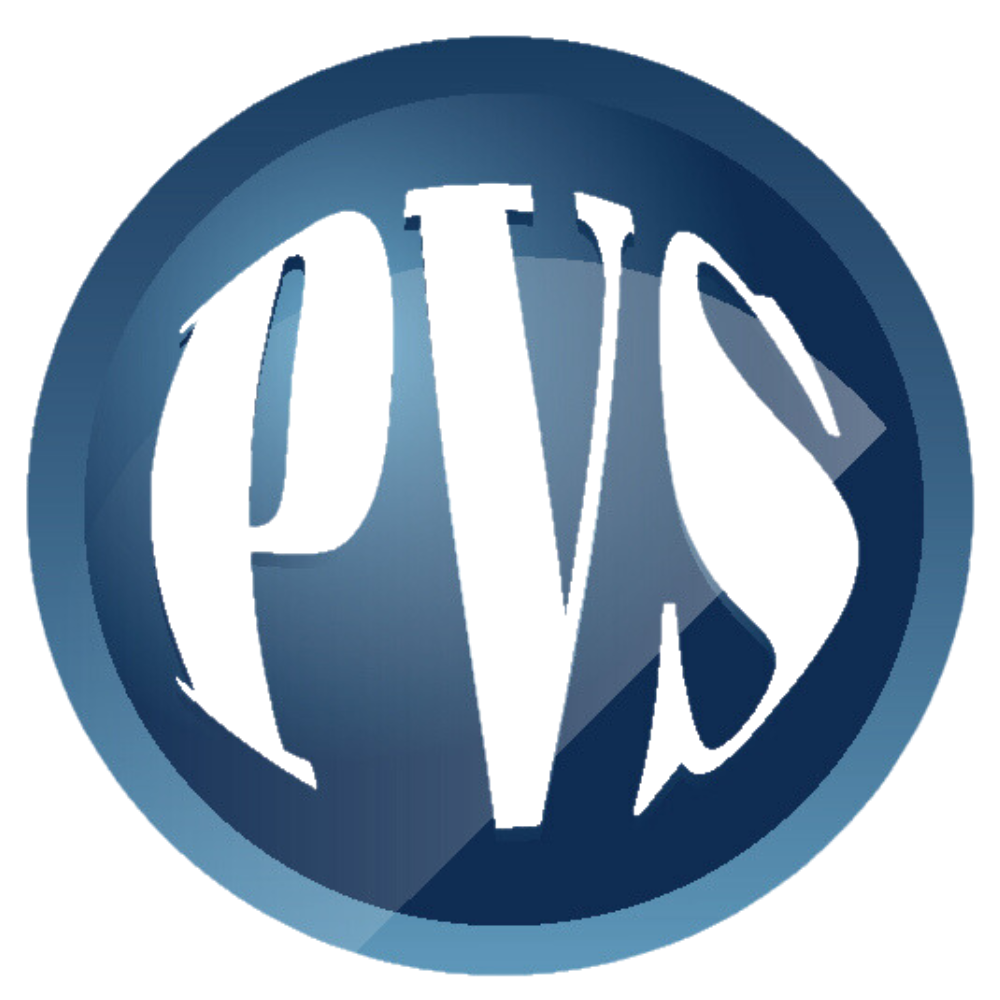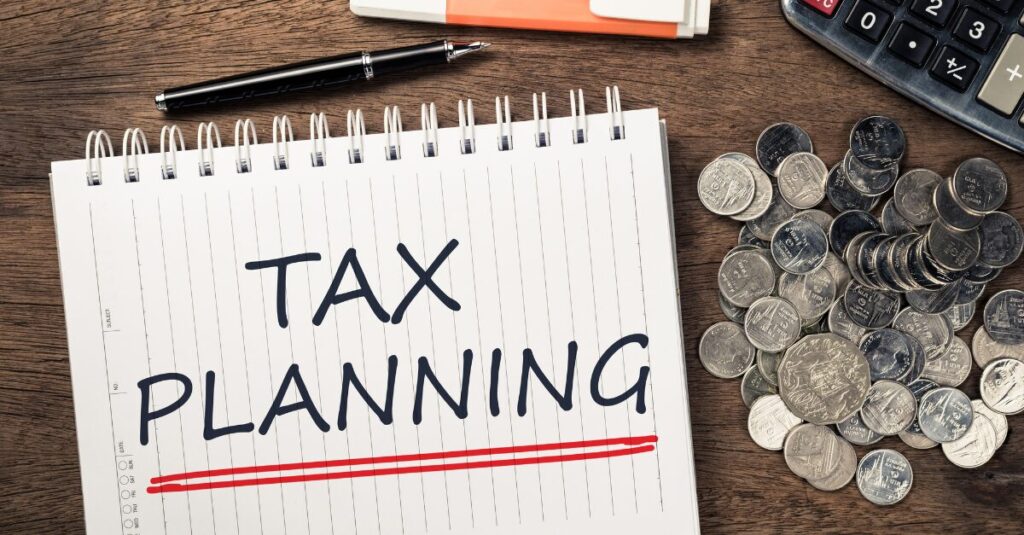Essential Tax Planning Strategies for Franchise Owners
Let’s face it: a franchise‘s property tax can take a big bite out of your profits. By dialing in on how you manage these taxes, you can turn what seems like another bill into a chance to save some cash. Staying on top of your property taxes means you won’t waste money on mistakes or pay more than you should. If you let this slide, you could spend more than necessary, cutting into your hard-earned profits. Be proactive with your property tax planning strategies now, and you’ll set your franchise up for a healthier financial future while avoiding overpayment and penalties.
Understanding the Impact of Business Property Taxes on Your Franchise
Understanding and keeping track of property taxes can be like finding hidden money. You can potentially turn a routine bill into actual property tax savings by getting smart about managing your real estate and business personal property taxes.
Staying sharp on managing property taxes means you’re not just throwing money away through mistakes or ignorance. But if you’re not paying attention, you might pay more than you should, which directly cuts your profits.
What is Business Property Tax?
When discussing business property taxes, we cover two major areas: property taxes on the real estate you own for your business and property taxes on the tangible business personal property part of your daily operations.
Real Property vs Personal Property
Real property refers to the land and any structures firmly attached to it. This category captures your franchise’s physical location and any permanent installations or modifications therein. It’s the aspect of your business that doesn’t move, including buildings and any fixed enhancements.
Additionally, leasehold improvements — alterations made to rental property by a tenant — also fall under this category. Despite being initiated by the tenant, these modifications are considered permanent contributions to the property’s value and are thus treated as real property for property tax purposes.
On the other hand, tangible personal property encompasses all the movable items within your business. This property includes office essentials like computers and furniture, operational gear such as kitchen equipment and the various tools essential for your trade. The defining characteristic of personal property is its mobility; these items aren’t fixed to one location and can be transported as needed.
Understanding the distinction between real and personal property is crucial because they’re taxed differently and can have various exemptions and rules depending on location. By getting a handle on both, you ensure you’re not overpaying in either category, optimizing your business’s financial health and efficiency.
Business Property Tax Planning for Franchise Owners
The secret sauce to handling your property taxes well is to stay ahead with smart planning. This plan means knowing exactly what property taxes you’re dealing with right now, looking for any changes on the horizon and finding ways to keep those tax bills as low as possible without stepping over any lines.
Here’s how you can get started:
- Know Your Current Situation: Start by getting a clear picture of what you’re paying in terms of both real estate taxes and business personal property taxes. It’s like knowing the layout of the land before you start navigating.
- Watch for Changes: Property tax rates and regulations can change, and new equipment or property upgrades can affect your property tax bills. Keeping a lookout means you won’t be caught off guard.
- Find Ways to Reduce Your Property Tax: Once you know where the land lies and what changes might come, it’s time to look for legal ways to reduce your property tax. This reduction could mean challenging assessments you think are too high or taking advantage of property tax incentives and exemptions you’re entitled to.
By taking these steps, you’re not just ticking boxes to stay compliant; you’re actively looking for ways to improve your property tax situation for your business’s bottom line.
Essential Steps for Smart Business Property Tax Planning for Franchise Owners
Keeping Up with Property Tax Rate Changes
Consider the impact of a new infrastructure project funded by increased local property taxes in your area. This scenario could significantly affect your budget. You can stay ahead of these developments by subscribing to local government newsletters and attending city council meetings.
Suppose you know an upcoming vote on a tax increase to fund a new public park. In that case, you can budget accordingly or even engage in advocacy efforts to mitigate the impact on local businesses. This level of engagement helps you anticipate financial shifts and adapt your budget to maintain profitability.
According to the Tax Policy Center, “Cities also use different assessment methods that can limit the decline in tax collections from declining property values. New York, for example, uses net operating income submitted by owners of commercial buildings, rather than recent sales, to determine assessed value, and phases in those changes over five years. The city comptroller estimated that a “doomsday” scenario where office values decline by 40 percent between 2023 and 2029 would lead to a decline in property tax levies of 3 percent in 2027.”
Getting Ready for Property Revaluations
Think about the effects of a new commercial development nearby, which could increase property values in your vicinity. If your property’s assessed value spikes, so does your property tax bill. You can prepare a robust challenge by familiarizing yourself with the revaluation process, including the appeal procedure. This procedure might involve commissioning an independent appraisal or compiling evidence of any factors that could detract from your property’s market value, such as needed repairs. Appealing an unfair assessment can lead to substantial property tax savings, benefiting your bottom line.
Planning for Property Improvements
Adding a high-tech drive-thru to improve customer service could significantly boost sales, but it might also increase property taxes. By consulting with a property tax professional before undertaking the project, you can explore ways to minimize its impact on your property tax liability, such as taking advantage of specific property tax breaks for technology investments. Strategic timing of the project’s start and completion dates also plays a role in mitigating property tax consequences, allowing you to reap the benefits of your investment without a hefty increase in your property tax burden.
Managing Your Equipment Taxes
The Tax Foundation cautions business owners that “Complying with personal property taxes is onerous, as it requires documenting all assets—all the way down to cleaning supplies for the office kitchen—along with their acquisition price, acquisition date, and depreciation.”
Suppose you’re overhauling your POS systems across multiple locations. The investment, while substantial, is necessary for improving efficiency. By carefully planning the purchase and installation timeline, you can maximize property tax benefits related to business equipment investments.
In addition, understanding business personal property assessment is essential, as many states tax business personal property in addition to real property. Those that do tax equipment, require that an annual business personal property return be filed each year by a certain date. The local assessor’s office reviews the returns filed and calculates a taxable value for the equipment, most often by depreciating the cost of the taxable equipment reported on either their own local depreciation schedules or the state depreciation schedules. As a result, in most cases, newer equipment will yield a higher taxable value initially but will decrease over time in most places as the equipment receives another year’s worth of depreciation until it hits the residual depreciation factor for the schedule it’s being assessed on.
However, your business personal property taxes may increase from the prior year for various reasons like capital expenditures, audit results, leased equipment, depreciation tables, abatement or exemption expiration, tax rate increase and assessor errors.
By tackling these areas proactively and informedly, you’re not just dealing with property taxes as they come. Instead, you’re setting your franchise up for a better financial future. It’s about finding the right balance between doing what’s best for your business now and planning for property tax savings.
Teaming Up with Tax Pros for Winning at Business Property Taxes
FranNet franchise experts explained that “While it’s a common misconception that franchises are owned by large corporations with deep pockets, franchise operations are small businesses too with much in common with their independent counterparts. Both have similar staffing and revenue models, depend on local employees, community involvement and attracting a consumer base with an organic, grassroots appeal.”
The Vital Role of Property Tax Management
These similarities underscore the critical importance of effective property tax management. Just as these operations strive to connect with their communities and manage their resources wisely, navigating business property taxes with precision and insight becomes vital to sustaining growth and success.
Business property taxes can feel like venturing into a labyrinth without a map. That’s precisely why enlisting the expertise of a seasoned tax planning advisor is not just helpful — it’s a game-changer. These aren’t just any advisors; they’re specialists who live and breathe property tax codes, dedicating their careers to understanding every twist and turn of tax legislation.
Elevating Your Strategy with Expert Advisors
By partnering with these experts, you’re not merely outsourcing a task; you’re incorporating a wealth of knowledge and experience into your team. They offer property tax planning services with a toolkit of strategies, each tailored to fit the unique contours of your franchise. They do more than ensure compliance with the complex web of legal requirements; they actively seek out opportunities for property tax savings that might otherwise fly under the radar.
Widely acclaimed across the country, Property Valuation Services (PVS) exceeds what local certified public accountants or general tax consulting firms offer. We provide specialized attention to understanding your properties from an analytical and accounting perspective.
Proactive Property Tax Savings with PVS
With our diverse team of accounting-based staff and finance specialists, we consistently discover property tax savings, even when working with other consulting and tax firms. Most of our services are conducted proactively, on a pre-assessment basis, to represent your interests while maintaining positive relationships with assessors and the community.
Making the Most of Tech Tools for Tax Management
There’s a ton of tech out there designed to take the headache out of handling your business property taxes. Think about software that keeps track of your assets and figures out their value for you or apps that ping you with updates whenever a tax law change could affect your business. These tools make property tax planning for franchise owners more accurate and much less time-consuming, so you can focus more on running your business and less on crunching numbers.
Building a Stable Financial Future with Property Valuation Services
Staying on top of your business property tax planning is the secret to keeping your franchise financially healthy. It’s about understanding what you’re dealing with, making smart plans and using all the help you can get from pros and tech tools. This approach doesn’t just help you manage property taxes today; it sets you up for long-term success, ensuring your franchise keeps growing and thriving.
If navigating the maze of business property taxes seems daunting, you’re not alone. Now is the perfect time to reassess how you manage property taxes and pinpoint areas for enhancement. From seeking specialized advice to leveraging cutting-edge tax technology, numerous strategies can fine-tune your tax approach for optimal outcomes. Engaging with professionals like Property Valuation Services in Overland Park, Kansas, can be a game-changer. Their expertise in accurately assessing your property’s value and navigating property tax regulations ensures you’re not paying more than necessary.
Why not take a proactive step towards financial clarity and efficiency for your franchise? Schedule a consultation with Property Valuation Services and start your journey to financial optimization and confidently secure your franchise’s future.
Essential Tax Planning Strategies for Franchise Owners Read More »



